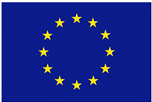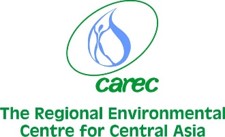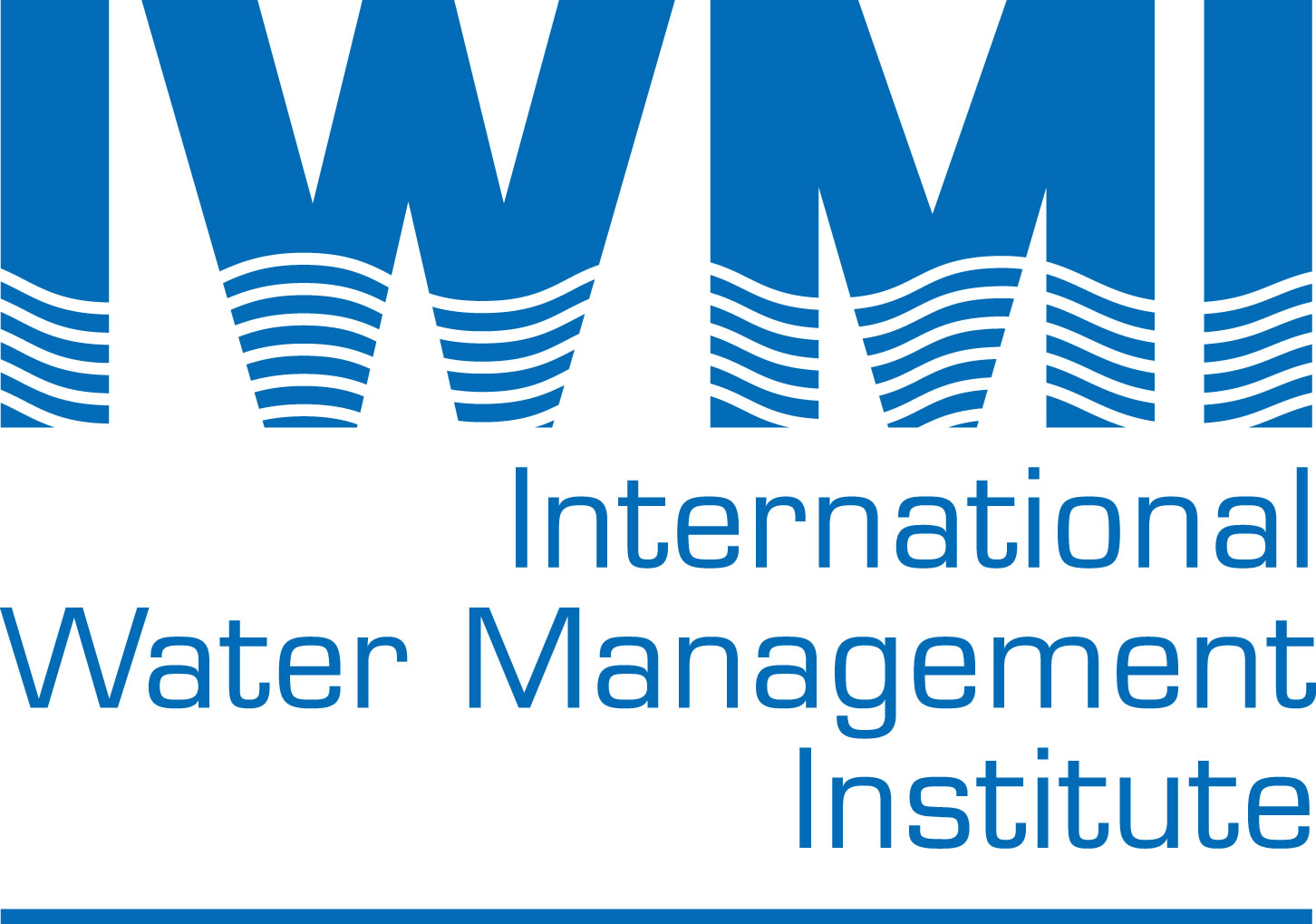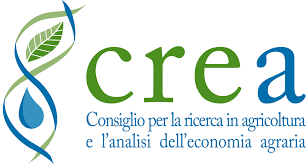National policy framework for water governance and integrated water resources management in Uzbekistan
Supporting water governance, this programme is part of the EU bilateral MIP 2014-2020 for Uzbekistan and promotes best European practice based on the EU Water Framework Directive.
Uzbekistan is an arid country with scant precipitation, extremely low humidity and high evaporation rates. In those places however, where even small amounts of water emerge nature blossoms out. In Uzbekistan people idolize water and glorify it in innumerable legends and stories as the basis for life. Water is identified with life and life is identified with water.
The programme brings together GIZ’s worldwide experience in supporting integrated water resources management and the expertise of its partner organisations, the International Water Management Institute (IWMI), the Council for Research and Economics in Agriculture (CREA) and the Environment Agency Austria (Umweltbundesamt). This programme component will cooperate closely with the UNDP led second component on technical capacity building for water practitioners at grass-roots level. A National Working Group consisting of all national stakeholders active in the water sector will guarantee that recommendations, policy packages, capacity building and other measures are tailor-made for the country’s needs and will contribute to an improved water governance based on European / international standards. The programme also foresees the creation of synergies with other donor activities in Uzbekistan.
The Objective
The overall objective of this programme is to contribute to sustainable and inclusive growth in the rural sector in Uzbekistan in the context of a changing climate; while improvement of water supply and efficiency of water resources management at national, basin and farm level forms its specific objective.
The GIZ implemented component on strengthening water governance aims at contributing to further development of a national water resources management strategy by enhancing legal, institutional, organizational and financial frameworks and regulatory instruments.
Target groups
Water sector related governmental and non-governmental organizations, such as the Ministry of Agriculture and Water Resources, the State Nature Protection Committee, local government structures, the Academy for Public Administration, the Tashkent Institute of Irrigation and Melioration, the Farmers’ Council and others along with farmers living in six pilot regions form the target groups of this programme.
Programme components
The programme brings together three components that are closely interconnected: shaping a national policy framework for water governance and integrated water resources management (component 1 implemented by GIZ), technical capacity building (component 2 implemented by UNDP) and awareness raising (component 3 implemented by the EU Delegation to Uzbekistan).
Component 1 envisages the following results:
- Formalised coordination mechanisms and improved efficiency and effectiveness of water-related programs.
- Water policy packages, such as legislative acts, national strategies, plans for implementation are adopted and reflect EU Water Framework Directive/international standards.
- Strengthened institutional capacity to manage water resources, to provide access to information and data on water resources, and to promote the inter-institutional exchange of information and data on water resources.
- Prepared proposals to set-up financial and economic incentives for water saving and water productivity improvements in order to strengthen the self-financing and investments of the water sector.


 Русский
Русский













